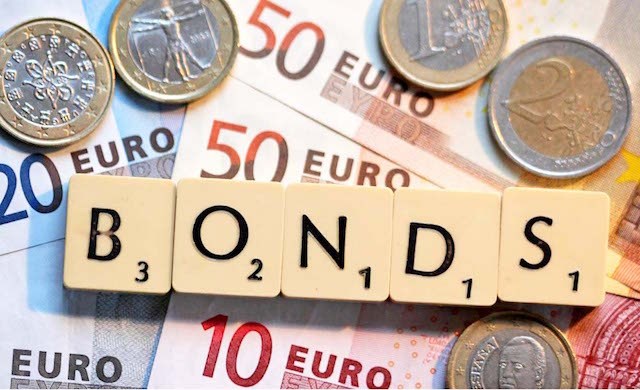The average yield on Nigeria’s Eurobonds increased by 7 basis points in the international capital market as sell pressures spurred foreign portfolio investors’ low appetite.
Investors continue to factor in worries about the country’s macroeconomic situation, as well as the recent inflation rate increase. According to some experts, disinflation might push the Central Bank to raise benchmark interest rates again following September’s disappointing statistics.
The National Bureau of Statistics (NBS) announced that consumer price inflation showed a strong turnaround, with the headline index rising to 32.70% in September 2024, up from 32.19% in August.
This is the first increase in three months, contradicting experts’ forecasts of ongoing price pressure reductions despite the Central Bank of Nigeria’s strong monetary policy tightening.
In the local bond market, negative trading activity on Federal Government of Nigeria notes resulted in a five basis rise in the average yield to 19.30%, experts stated in a note.
The Eurobonds market performed middling this week amid US Fed rate cuts, with sideways interest in Nigeria, Angola, and Egypt papers.
Analysts predict an entry of hot money into the African market to catch relatively high yields on foreign borrowing following the next rate decrease in the United States.
Last week, sell pressure across the short, mid and long ends of the yield curve in Nigeria’s sovereign Eurobond resulted in a 7 basis points increase, leading to an average yield of 9.44%, Cowry Asset Limited said in a report.
Emerging market currencies and debt faced challenges from rising U.S. rates and election uncertainties. A key development was the IMF’s potential reduction of penalty fees for distressed nations, which could significantly impact the market, AIICO Capital Limited told investors in a note.
Analysts said sovereign defaults are expected to rise, but Ghana’s currency rating improved, and Saudi-Egypt private sector deals lifted sentiment.













